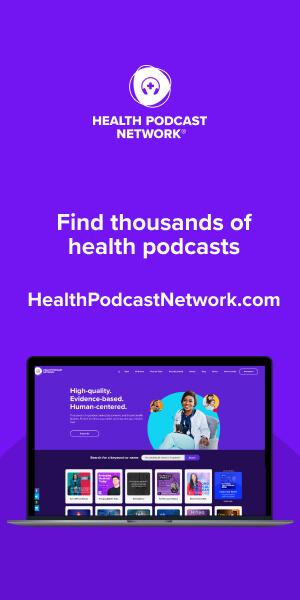Have the sniffles? Forget “Dr. Google,” where a cursory search of symptoms may incorrectly point you toward a cancer diagnosis. Amazon Alexa, the voice-assisted technology built into a number of appliances and smart products—most notably Amazon’s Echo smart speakers—may be the next frontier in healthcare.
Amazon doesn’t release official statistics, but in September 2017, Consumer Intelligence Research Partners estimated the company’s Echo speakers captured 73 percent of the smart speaker market share (with 20 million speakers), while Google Home captured 27 percent (7 million units). Similar technologies—like Apple with its much-anticipated HomePod—are on the horizon.
While most consumers use Alexa’s capabilities (called “skills”) to play songs, set reminders and add to their shopping lists, those on the front lines of healthcare envision a future that integrates the technology into the routine management of health and care. Here are four ways Amazon Echo is being applied to health and wellness solutions.
1) More Accessible Managed Care
Last spring, Amazon hosted the Alexa Diabetes challenge with pharmaceutical giant Merck. The goal: Invite developers to build a product that helps diabetes patients better manage their disease. The winner, Seattle-based healthcare tech company Wellpepper, created Sugarpod, an Alexa-based patient solution that breaks down type 2 diabetes management into interactive tasks. The company plans to continue refining the product for future market release.
2) Fitness, Sleep and Overall Wellbeing
“Alexa, ask H20-Pal how much water I drank today.”
“Alexa, pull up a meditation.”
From timing pregnancy contractions (Baby Go Time) to asking for information about certain drugs, Alexa already contains the skills for a variety of health and wellness applications. Keep tabs on weight loss (Weigh Tracker), start a guided meditation (Stop, Breathe and Think), track your sleep … even learn the proper way to brush teeth. Users can also put Alexa to work by ordering healthy takeout and reordering health food items they’ve previously ordered on Amazon.
3) First Aid & General Diagnoses
“Alexa, ask Mayo First Aid how to treat my baby’s fever.”
The Mayo Clinic’s First Aid Alexa skill answers dozens of everyday health issues and provides self-care instructions, while WebMD’s integration provides a list of conditions, topics, medicines and treatments when asked. Dr. A.I. by HealthTap, yet another Alexa integration, provides a conversational interface, analyzes the user’s current symptoms along with their personal health record, and, through machine learning, can point a patient toward solutions that doctors previously suggested to people with similar symptoms.
4) Home Healthcare
An increasingly aging population demands more advanced home healthcare. In Beverly Hills, Libertana Home Health Care tested a custom Alexa skill on several elderly patients, which allowed the seniors to verbally report any medical data (from weight to blood sugar levels), get reminders for taking medication and call a caregiver.
Going forward, the company hopes to reach more clients with its pilot testing. “Voice assistants overcome challenges for individuals who, due to physical limitations, cannot use a keyboard or touchscreen,” Debra Harrison, RN, Libertana’s public subsidized housing manager, said in a recent press release. Plus, she added, “they reduce costs by keeping patients at home and away from more costly clinical care settings.”
One big caveat to Alexa: The technology is not yet HIPAA-compliant, meaning it can’t yet safely store patient data to ensure privacy. That hasn’t stopped physicians and hospital staff from piloting healthcare solutions, however. Massachusetts General Hospital, for instance, is testing text-to-speech technology, so operating room staff can run through pre-surgery safety checklists orally.
While voice-assisted technology is in its infancy, even these early solutions will revolutionize the way individuals, families and providers engage in, manage and preserve health. It’s no longer a question of if there will be widespread adoption of voice-assisted health management tools; it’s really a question of how soon.
Amazon’s Official Video…
[Video became unavailable in the meantime]





